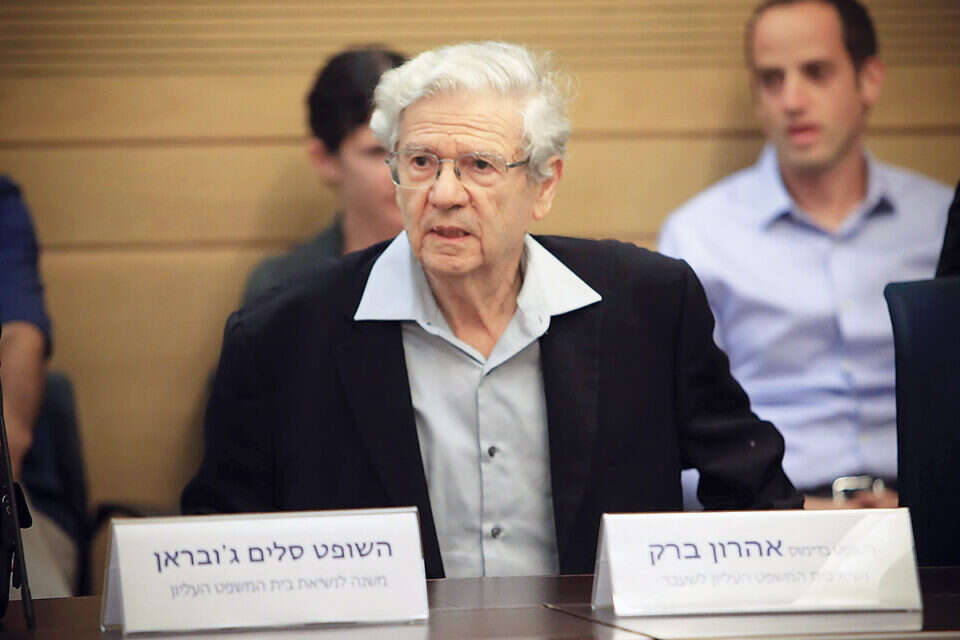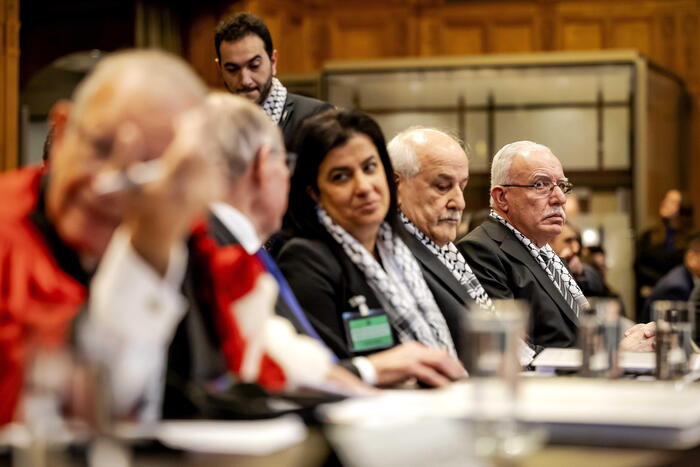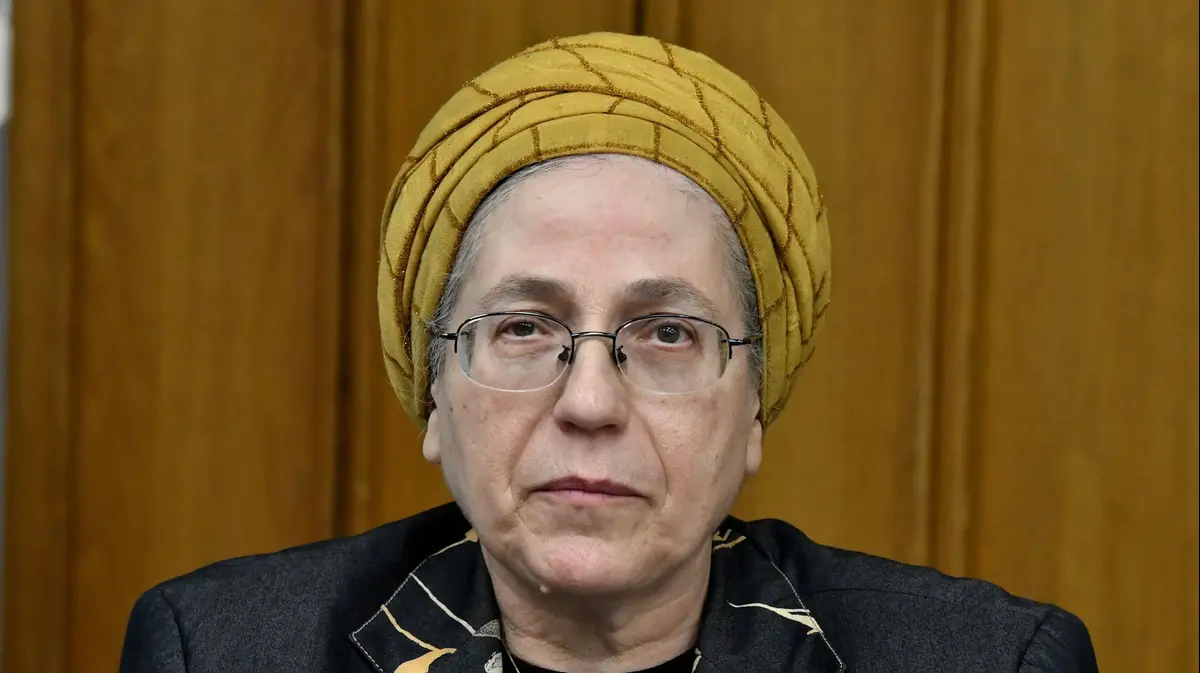The parties in the debate surrounding the amendments proposed by the Minister of Justice, Yariv Levin, are mistaken in thinking that they are only intended to change the existing and familiar situation, in the framework of which the activist court took more and more powers.
The implicit assumption is that the court has already reached the peak of possible activism, so to speak.
This is an optical error.
The proposed amendments not only change the direction of the pendulum, but also stop the momentum of the court's unimaginable accumulation of power.
Because as far as its creators and students are concerned, the activist revolution is by no means over.
vice versa.
Aharon Barak was bothered years ago that the constitutional revolution he designed was not enough.
Reminder: As part of this revolution, Barak made the new basic laws constitutional, and then determined that the court has the authority to invalidate ordinary laws of the Knesset that contradict those basic laws.
This, even though the court did not receive such express consent, and even though the majority of MKs who voted in favor of those basic laws did not intend it. But why shouldn't the judges have the authority to criticize and invalidate the basic laws themselves? We must find a way to limit the Knesset, in its session as a constituent assembly to establish basic laws.
In 2018, in a lecture he gave at Reichman University, Barak came up with the idea of how this should be done.
"I would like to take another step," Barak explained the direction in which he is aiming.
And then it came: "The Constituent Assembly is meant to establish a constitution... but it is limited by the principles of the vision of the people and their belief, established in the Declaration of Independence."
In other words: the constitution cannot contradict the principles of the Declaration of Independence.
Barak did not say who would be authorized to determine whether or not a basic law conforms to the vision in the Declaration of Independence, because the answer is self-evident: the court.
It is the court that will decide what is Jewish, what is democratic and what is the appropriate weighting between them, when it comes to examine a basic law and even reject it.
This judicial imperialism is also evident among some of Aharon Barak's outstanding students - for example, Prof. Barak Medina.
About four years ago, in January 2019, Medina was asked about the situation in which an indictment was filed against the Prime Minister.
Let's read together the proposal that was presented as an answer to the question of the journalist Bini Ashkenazi on 01.09.2019: "In the case of the Prime Minister, no one has the authority to consider whether to fire him - the court will have to develop a doctrine of the duty of personal resignation. It is possible that the court will impose an obligation on the Knesset to express no confidence in the prime minister. If the verdict is not respected, it could certainly be a basis for a civil war."
You read that right: Medina proposes that the court compel the Knesset to vote no confidence, even if the majority of Knesset members oppose it.
Just charge them.
How easily powers are presented as if they are judicial, unfounded, and then, if the elected Knesset does not agree - it will be the one to blame for the civil war.
These are two of the districts that we might reach at some point, because the activism in its extreme version is almost endless, an appearance of separation of authorities with rule without the Egypt of the legal system.
True, the elected majority is not omnipotent, and it must not democratically be omnipotent without restrictions.
But in the eyes of judicial imperialists, even if they don't admit it, the court should definitely be omnipotent.
Thus, gradually and consistently, a variety of tools and doctrines were developed whose common denominator is making the court unrestrained.
The amendment measures will renew the days of the court in Israel as before, in the days when even without radical activism it protected the rights of the individual and the citizen, and enjoyed extensive public trust.
But don't get confused: they are also critical to curbing the potential deterioration of activism in its extreme version.
were we wrong
We will fix it!
If you found an error in the article, we would appreciate it if you shared it with us














